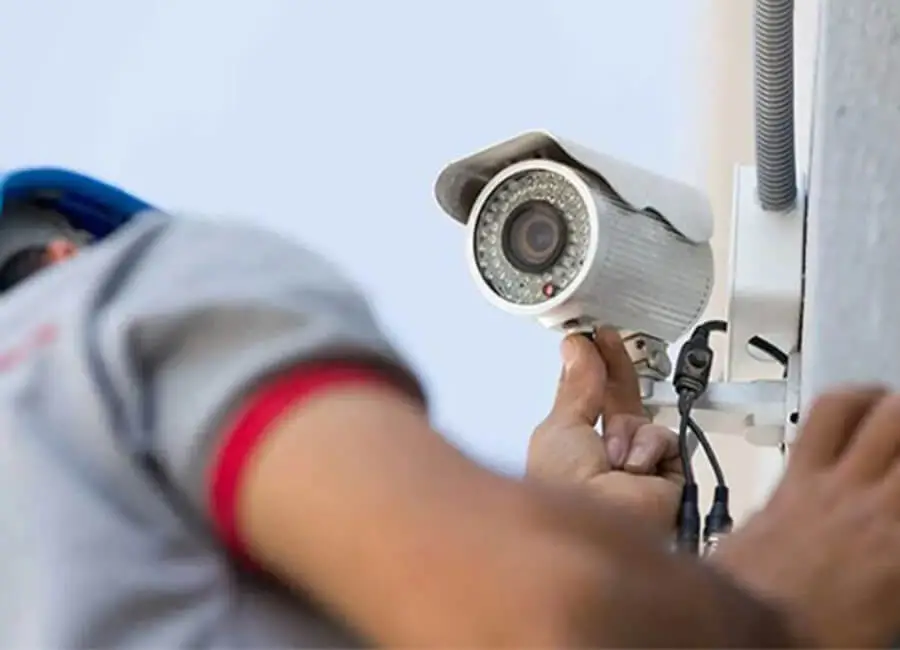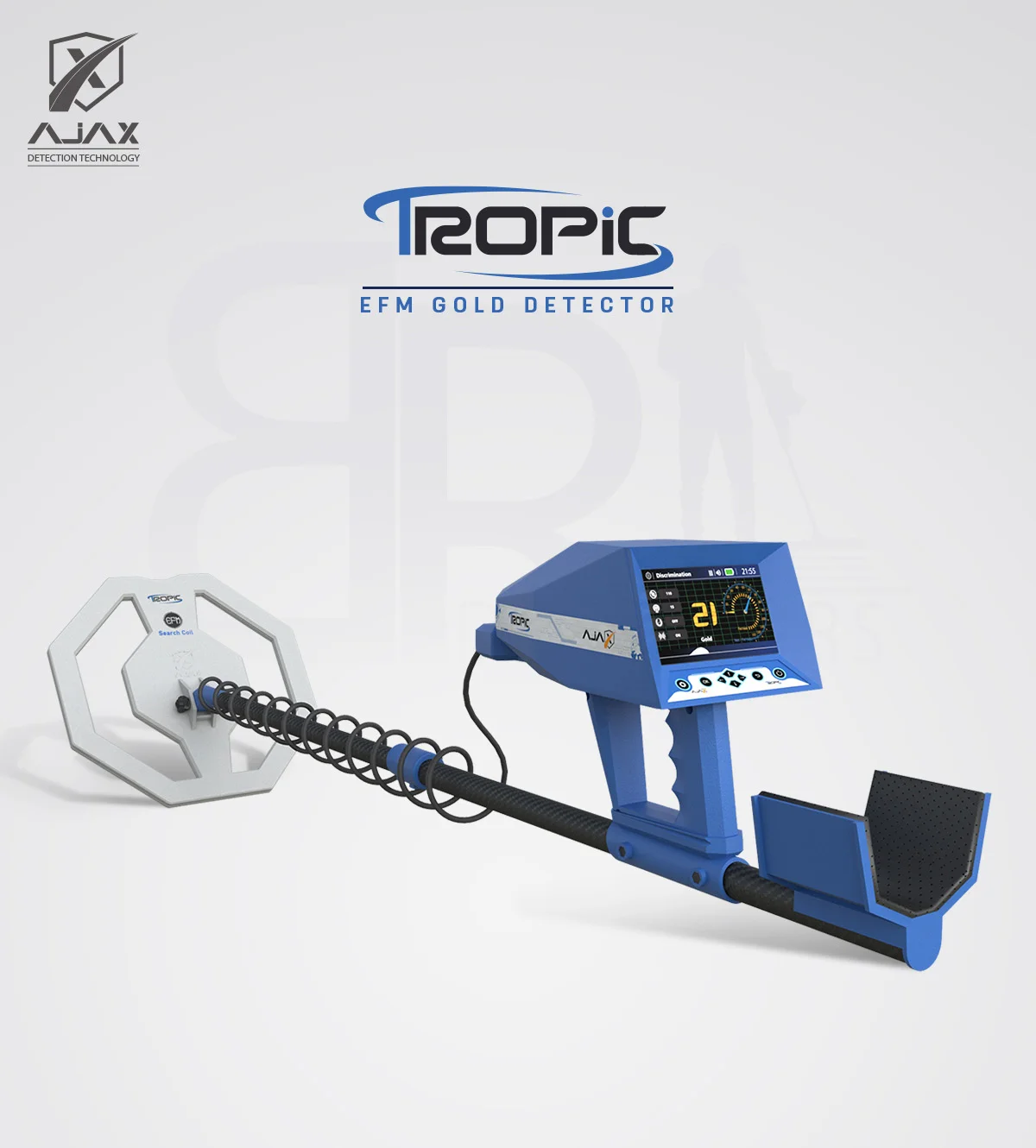In the bustling and dynamic metropolis of Dubai, security is a paramount concern for both residents and businesses. The city’s commitment to safety is evident in its strict regulations and the widespread adoption of advanced surveillance technology. Closed-Circuit Television (CCTV) systems are a crucial component of this security infrastructure, serving as both a deterrent to crime and a vital tool for monitoring and investigation. This article provides a comprehensive overview of CCTV installation in Dubai, covering everything from legal requirements to the types of systems available and the importance of professional services.
Understanding the Legal Landscape: SIRA Regulations
Before embarking on any CCTV installation project in Dubai, it is essential to understand and adhere to the regulations set forth by the Security Industry Regulatory Agency (SIRA). SIRA is the governing body responsible for licensing and regulating the security industry in the Emirate. Its guidelines are meticulous and apply to various sectors, including residential buildings, offices, hotels, commercial establishments, and even free zones.
Key SIRA requirements for CCTV systems often include:
- SIRA-Approved Companies: All CCTV installation, maintenance, and system design must be carried out by a SIRA-approved company. This ensures that the work is performed by licensed professionals who are knowledgeable about the local laws and technical specifications.
- Technical Specifications: SIRA specifies minimum technical standards for cameras and recording devices. For example, commercial buildings are often required to use a full IP CCTV system with cameras that have a resolution of at least 1080p (Full HD) and a recording quality of at least 10 frames per second.
- Data Retention: A crucial requirement is the duration for which footage must be retained. The standard is typically at least 31 days, ensuring that a sufficient record is available for any potential investigations.
- Privacy and Placement: While surveillance is encouraged, there are strict rules to protect privacy. Cameras must not be installed in areas of privacy, such as bathrooms or changing rooms, and must not be used to view areas outside the property’s perimeter without specific permission. Appropriate signage is also often required to notify individuals that they are being recorded.
Failing to comply with these regulations can result in significant fines and legal penalties. Therefore, selecting a SIRA-approved installer is not just a matter of convenience, but a legal necessity.
Choosing the Right CCTV System for Your Needs
The modern CCTV market offers a wide range of options, each with its own advantages. The choice of system depends on your specific security needs, budget, and the environment where the cameras will be installed.
- IP Cameras vs. Analog Cameras: Internet Protocol (IP) cameras are the modern standard, offering higher resolution, advanced features like motion detection and remote access, and easier integration with other smart devices. Analog cameras, while more traditional and often less expensive, are suitable for basic surveillance needs. SIRA’s updated laws now mandate full IP systems for certain commercial properties.
- Camera Types: Different camera designs are suited for different applications.
- Dome Cameras: Named for their discreet, dome-shaped housing, these are ideal for indoor use in offices, retail stores, and lobbies. The housing makes it difficult for people to tell which direction the camera is pointing.
- Bullet Cameras: With their cylindrical shape, bullet cameras are highly visible and are excellent for outdoor use. Their robust, weather-resistant casings make them perfect for monitoring long distances and perimeters.
- PTZ (Pan-Tilt-Zoom) Cameras: These cameras offer the flexibility to pan, tilt, and zoom, allowing for dynamic surveillance of large areas from a single vantage point. They are often used in high-traffic commercial spaces.
- Storage and Connectivity: Systems can use either a Digital Video Recorder (DVR) for analog cameras or a Network Video Recorder (NVR) for IP cameras. These devices store footage locally on a hard drive. Many modern systems also offer cloud storage options for secure backup and remote access, allowing you to monitor your property from anywhere via a mobile app or web portal.
The Importance of Professional Installation
While DIY kits are available, professional installation is highly recommended in Dubai for several reasons.
- SIRA Compliance: A professional, SIRA-approved company will ensure that your installation meets all legal and technical requirements, saving you from potential fines and legal issues.
- Expert Site Survey: A professional installer will conduct a thorough site survey to identify vulnerable areas and blind spots, ensuring optimal camera placement for maximum coverage and effectiveness.
- Proper Wiring and Configuration: Expert technicians handle the complex wiring, network configuration, and system setup, guaranteeing reliable performance and preventing technical issues.
- Maintenance and Support: Many professional installers offer ongoing maintenance contracts and technical support, ensuring that your system remains in perfect working order and is updated with the latest security patches.
Cost of CCTV Installation in Dubai
The cost of a CCTV system in Dubai can vary widely depending on several factors, including the number and type of cameras, the complexity of the installation, and the features required. A basic home or small office setup with 2-4 cameras might cost anywhere from AED 1,500 to AED 3,000, including labor. Larger commercial projects with advanced features and a higher number of cameras can range from AED 5,000 to AED 10,000 or more. It is always advisable to obtain multiple quotes from SIRA-approved companies and to choose a provider that offers a balance of quality, service, and value.
In conclusion, a professionally installed CCTV system is an indispensable investment for security in Dubai. By understanding and complying with SIRA regulations and working with a reputable, SIRA-approved company, you can ensure that your property is protected by a reliable and effective surveillance solution.




